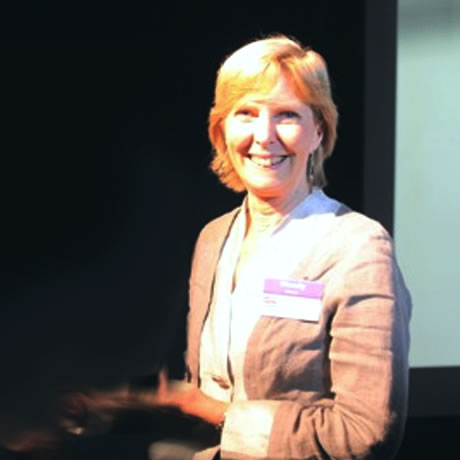Summary of some Law literature
Hutchinson, T. (2006). The transnational lawyer: GATS, globalisation and the effects on legal education. Australia & New Zealand Journal of Law & Education, 11(2), 93-110.
Exports in professional legal services increased fourfold in the 1990s (p. 93).
… it has been noted that Australian legal services have already begun to organise their work on an international basis because clients are demanding legal and professional services ‘that are delivered on a global scale at predictable standards worldwide’ (p. 96).
Hutchinson, T. (2006). Educating the transnational lawyer: Globalisation and the effects on legal research skills training. Paper presented at the Australasian Law Teachers Assocation – ALTA Annual Conference, Victoria University, Melbourne.
Transnational law is not a separate body of law but rather concerns laws which deal with events that cross national boundaries or ‘transcend national frontiers’ (p. 5).
The transnational practice of law calls upon lawyers to move beyond the parochial and become ‘inter-culturally adaptable’. Lawyers are trained to be knowledgeable and proficient in the law in their own jurisdictions. The modern ‘transnational’ lawyer also needs to have some grounding in a variety of international legal regimes and have the skills to work with legislation and caselaw from foreign legal regimes and cultures with understanding and sensitivity to their influence on the home law [(citing John M Law 2004)]. This assumes more than simply knowledge of international treaties and conventions. It includes some knowledge of politics, economics and cultural sensitivity. Academic commentators have clearly observed that the ‘next generation of lawyers will need to operate within the context of increasingly multilateral legal regulations, even over areas of law that have traditionally been regarded as within the exclusive domain of the sovereign state’ [(citing Steven Freeland 2004)]. This is a change of direction that has obvious resonance in the legal research training area (pp. 5-6).
‘Students will have an impoverished understanding … without being aware of alternatives to the current law in the jurisdiction. Exploring alternatives allows students to see that human societies face common problems and that there are often multiple ways in which the law can address those problems. This counteracts the tendency among law students to assume that rules currently adopted in their jurisdiction are necessarily the only, or at least the best, way to address an issue.’ (Franklin A Gevurtz at al. 2005, cited p. 11)
Few researchers access material solely from Australia. Sources on the main databases and certainly on the Internet include material from all the major English speaking and common law jurisdictions. These include the US, Canada, New Zealand, and the United Kingdom. Material from the European Union is frequently referred to now that the UK has joined that group. International treaties are also often referred to and needing to be accessed. For this reason it is imperative that the transnational lawyer be given grounding in these jurisdictions which would extend to the court structure, main sources of legislation and case law and reference sources. Sometimes the governance and structure of a body such as the EU needs elaboration in order to understand the materials that it publishes (p. 14).
Chesterman, S. (2008). The globalisation of legal education. Singapore Journal of Legal Studies(1), 58-67.
Internationalisation saw the world as an archipelago of jurisdictions, with a small number of lawyers involved in mediating disputes between jurisdictions or determining which jurisdiction applied; transnationalisation saw the world as a patchwork, with greater need for familiarity across jurisdictions and hence a growth in exchanges and collaborations; globalisation is now seeing the world as a web in more ways than one, with lawyers needing to be comfortable in multiple jurisdictions (p. 58).
To operate effectively in such a world [of globalisation], individual lawyers need to be comfortable in multiple jurisdictions, often simultaneously [(citing Tan Cheng Han 2007)]. In the words of one dean, we need to educate lawyers to be “residents” rather than “tourists” in new jurisdictions [citing Mary C. Daly 2005)]. At the same time, the students entering law school are different. In the course of the twentieth century, we moved from a tradition of a person having one job as a career to expecting to move jobs once or twice [(citing Ronit Dinovitzer & Bryant G. Garth 2007)]. We now deal with students who expect to move countries a few times, seeing themselves as part of a global elite in a worldwide market for talent (p. 63).
… faculties will seek ways to ensure that their graduates are both intellectually and culturally flexible, capable of adapting not merely to new laws but to new jurisdictions. Comparative and international subjects will receive greater emphasis, with comparative and international perspectives also being introduced to a wider range of subjects. There will be resistance, but not for long. In addition, at least some international experience will increasingly be seen as essential to the practice of law at the upper echelons, with more law schools offering exchange and double-degree programmes. Early collaborations were transatlantic, but many future tie-ups will focus on Asia, recognising the important role that Asia now plays in economic terms and the role it will assume – eventually – in political and cultural terms (pp. 66-67).



